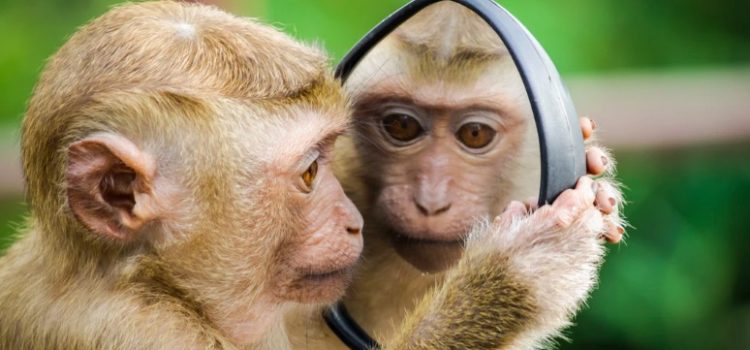

This article is an excerpt from the Shortform book guide to "The Selfish Gene" by Richard Dawkins. Shortform has the world's best summaries and analyses of books you should be reading.
Like this article? Sign up for a free trial here .
Why do animals reproduce? What goes into making these decisions and what is the ultimate goal?
In The Selfish Gene, Richard Dawkins argues that nature and life are designed to keep replicating genes. So, why do animals reproduce? The selfish reason is to ensure the survival of their offspring.
If you want to know, “why do animals reproduce,” keep reading for a discussion from The Selfish Gene.
Why Do Animals Reproduce?
How, when, and why do animals reproduce? All of those decisions are designed to maximize their offsprings’ chance of survival. There are two competing theories for how animal populations control their reproduction: an altruistic theory put forth by group-selection theorists, and a selfish theory that Dawkins believes is true.
Animals often have to choose between reproducing and taking care of children that have already been born (bearing vs. caring). There are advantages and disadvantages to each choice, from the perspective of a selfish gene. Bearing more children creates more opportunities for genes to be passed on and survive, but often involves a great deal of risk and resource spending. Caring for already-living family members is less resource-intensive than bearing new ones, but doesn’t create more vessels for genes to inhabit.
Reaching an ESS usually (though not always) involves some balance of both—in fact, the only strategy that can never be an ESS is a pure caring strategy. This is because a population of pure carers, who rarely or never have offspring of their own, would quickly be invaded by another species turning the carers’ altruism to their own advantage.
How Do Animals Decide?
Why do animals reproduce? How they decide is a complicated question. Some scientists, most notably zoologist Vero Copner Wynne-Edwards, believe that animals control their reproduction rates to avoid overpopulating an area. However, this would be a group-selection based theory, which doesn’t seem to mesh with the idea of the selfish gene. It’s worth noting that Wynne-Edwards was a prominent champion of the group-selection theory of evolution, and his ideas are influential enough to be worth considering—even if only to refute them.
So, why do animals reproduce? Whatever the reason, it’s clear that animal populations don’t grow at the incredible rates they’d be theoretically capable of. Many populations remain fairly stable, with birth and death rates roughly matching each other. Others, like lemmings, grow rapidly and then decline sharply, sometimes to the point of total extinction in a particular area.
Starvation is one major factor in keeping animal populations under control. If animals reproduce too quickly for an area to support, naturally many of them will starve. However, starvation cannot fully explain how animal populations stay under control. If starvation were the only control set on population size, scientists would expect all creatures to work like lemmings do: Their numbers would increase exponentially until the region couldn’t support them, then suddenly crash as most of them starved.
Therefore, it’s clear that there are methods limiting birth rates as well as death rates—animals don’t have infinite numbers of offspring. The question is not whether birth rates are controlled, but why they are controlled.
The group-selection theory would say the reason is altruistic: Animals regulate their birth rates for the good of the entire population. The selfish gene theory would say that it’s selfish: Animals regulate their birth rates because it gives them and their offspring the best chance of survival.
In practice, the altruistic vs. selfish reproduction theories are nearly identical. The only difference is whether animals practice population control for the good of the species as a whole, or purely for selfish reasons. Right now there’s no definitive way to tell which is correct, but—as previously shown—pure altruism is not a stable strategy since it’s bound to be taken over by selfish individuals. So, why do animals reproduce? It currently appears that the selfish reproduction theory is the stronger of the two.

———End of Preview———
Like what you just read? Read the rest of the world's best book summary and analysis of Richard Dawkins's "The Selfish Gene" at Shortform .
Here's what you'll find in our full The Selfish Gene summary :
- Why organisms don't matter, only genes do
- How all life forms begin with a replicating molecule
- How species need to balance aggression and pacifism to survive






